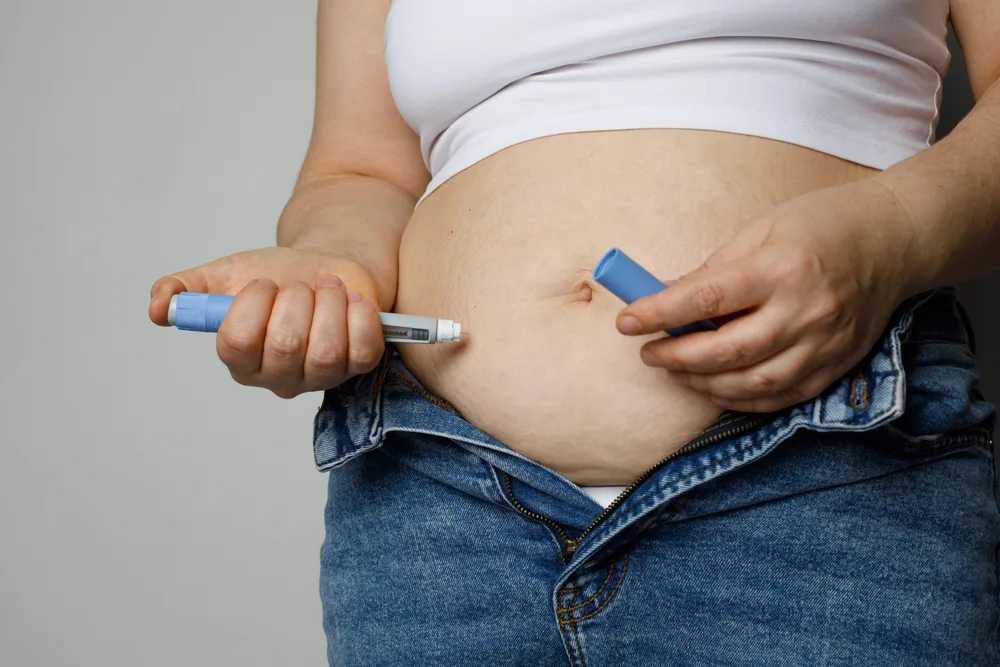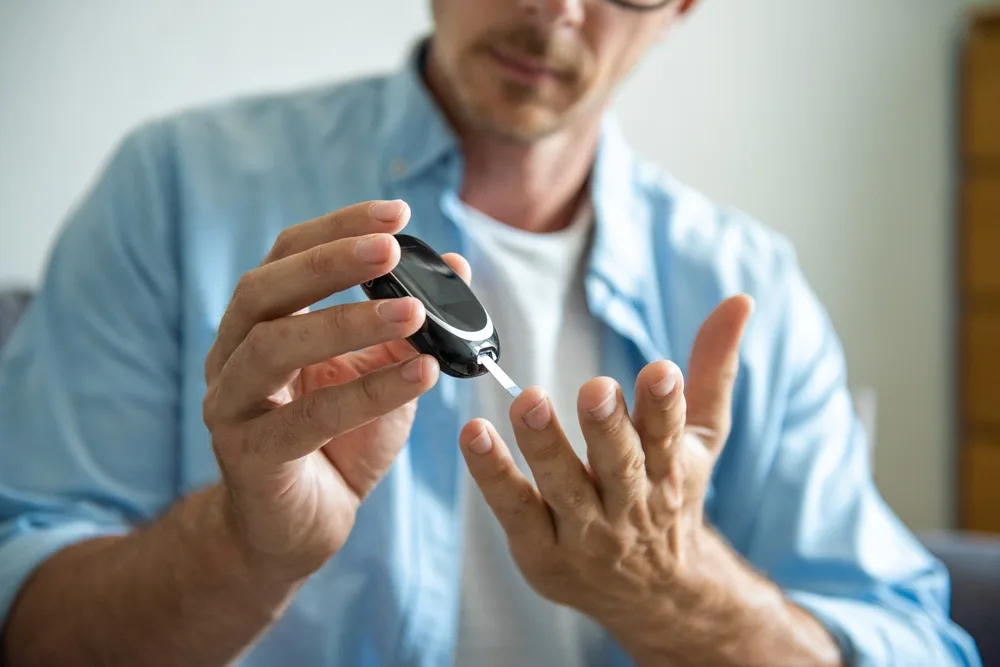Only certain doctors can give a sleep apnea diagnosis, and your primary care physician is probably not the one to do it. To find a sleep doctor, you may be able to get a referral from your doctor or team of healthcare professionals.
Or, you can do an internet search for “sleep apnea doctors near me.” This process can help you sort through and compare doctors of your choice. At your appointment, tell your doctor about your symptoms. If your doctor thinks that sleep apnea is a possibility, he or she will most likely order a sleep study.
You can explore your sleep apnea treatment options after the sleep study, as this process helps doctors determine the best course of treatment. A sleep study is usually done in a sleep laboratory, a special facility where you will spend the night. Otherwise, you may be able to participate in a sleep study done in a hospital or sleep center.
During the sleep study, the technicians will hook you up to multiple sensors which will record your brain waves, blood oxygen level, heart rate, respiration, eye movements and leg movements all night while you sleep. The data can be used to determine if you have obstructive, central sleep apnea or a combination of the two.
Sleep studies can also be helpful in diagnosing other sleep disorders or health conditions. For example, doctors can evaluate the data to determine if you may have one or more of the following:
- Insomnia
- Narcolepsy
- Restless leg syndrome
- REM sleep behavior disorder
- Periodic limb movement disorder
- Sleep talking
- Sleepwalking
Sometimes, a less rigorous sleep study can be done at home. WatchPat, an at-home sleep study company, has developed a popular method of testing for sleep apnea without leaving the comfort of your own bed. WatchPat equipment consists of a chest sensor, a bracelet (to be placed on your non-dominant hand) and a finger probe.
With an at-home apnea sleep study, the company mails equipment to you with instructions on how to attach the sensors. You get to sleep in your own bed, and the machine will transmit the data to the doctor’s office for diagnosis.
However, it’s important to note that an at-home sleep study is usually only available to diagnose obstructive sleep apnea. If you or your doctor suspect you may have central sleep apnea, the sleep study must be performed in a laboratory under the supervision of doctors.
By Admin –








